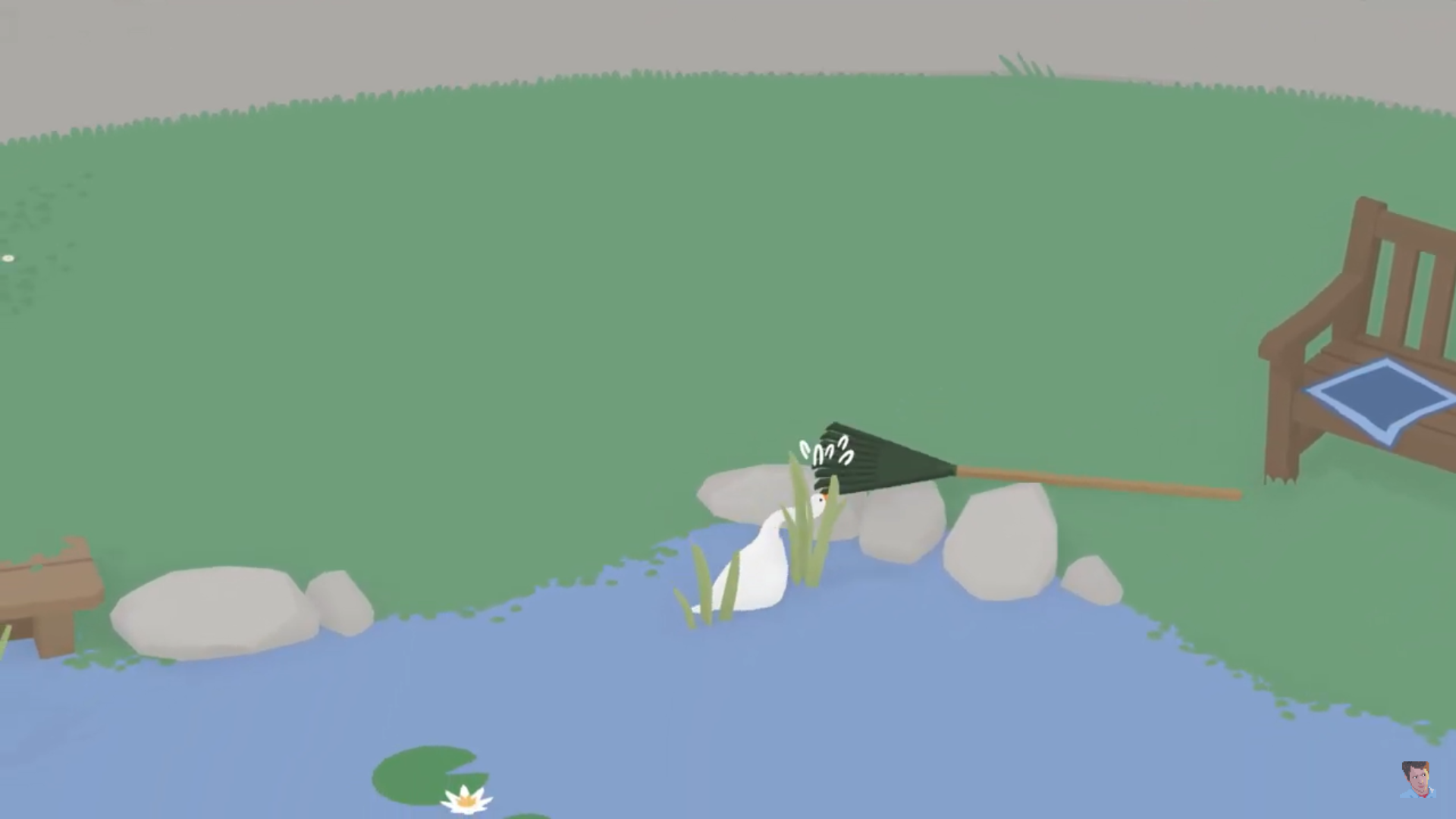

levels for other owners of the software to play. In Super Mario Maker, players pay for a software product that invites labor: making Super Mario Bros.

In FarmVille, for example, players exploit their network of friends and acquaintances to advance their progress in the game, and thereby the material benefit of Zynga, the company that publishes the game. The game theorist Julian Kücklich even coined a portmanteau, playbor, to describe the fusion of work and leisure in contemporary life. Role-playing gamers sometimes talk about “grinding”- completing boring, repetitive tasks to advance their character’s abilities in order to make progress-a term that exactly mirrors the drudgery and toil of labor. But in games, you are the character, and thus you must pilot him (or her, but usually him) through every detail that the simulated world demands. Moreover, these forms skip over the boring parts by editing them out: You don’t have to watch a character traverse the stairs, sidewalk, subway, and elevator to get from home to work. It’s easy to pass the eyes over the pages of a book, or to bathe in the waves of image and sound at the cinema or in your living room. Game-play-the work of working a game-is fundamentally irritating, at least in comparison with other media forms. Let the memers honk their geese so you don’t have to. And like all labor, the best way to get it done is to farm it out to others. Untitled Goose Game is a game about work’s ubiquity in the guise of a game about leisure’s frivolity. It might even be more fun not to play the game than to play it. It did so, in part, by offering a counterintuitive way out of the quandary of game-play’s fundamental aggravation: Someone has to play the game, but that someone needn’t be you. Untitled Goose Game became a massive, surprise hit-and a meme-in the month since its release. The player’s job is to make them work again. Games are machines, and broken ones at that. And playing them requires exerting the effort to operate them. That’s the big problem with video games: To enjoy them, you have to play them. The only problem is that you have to play the game to do so. You gain a new perspective, having had the opportunity to be something grander than-or just different from-yourself.

Games turn the world on its head, allowing you to become all the things you are not: a criminal, in Grand Theft Auto an explorer of alien worlds, in No Man’s Sky the universe itself, in Everything. It’s fun! Being a goose for a while is diverting and surprising, and embodying one in a simulated, pastoral environment speaks to the flexible power of games as a medium. For some reason, it turns out to be familiar to everyone, even city slickers who have never seen a goose in person. A recent, hugely popular video game, Untitled Goose Game, stages this conflict. If you are a person and one appears on your country estate, the advice recommends avoiding engagement and then standing your ground if it charges. They’re brusque, clumsy, and territorial. Like games, geese are notoriously annoying.


 0 kommentar(er)
0 kommentar(er)
